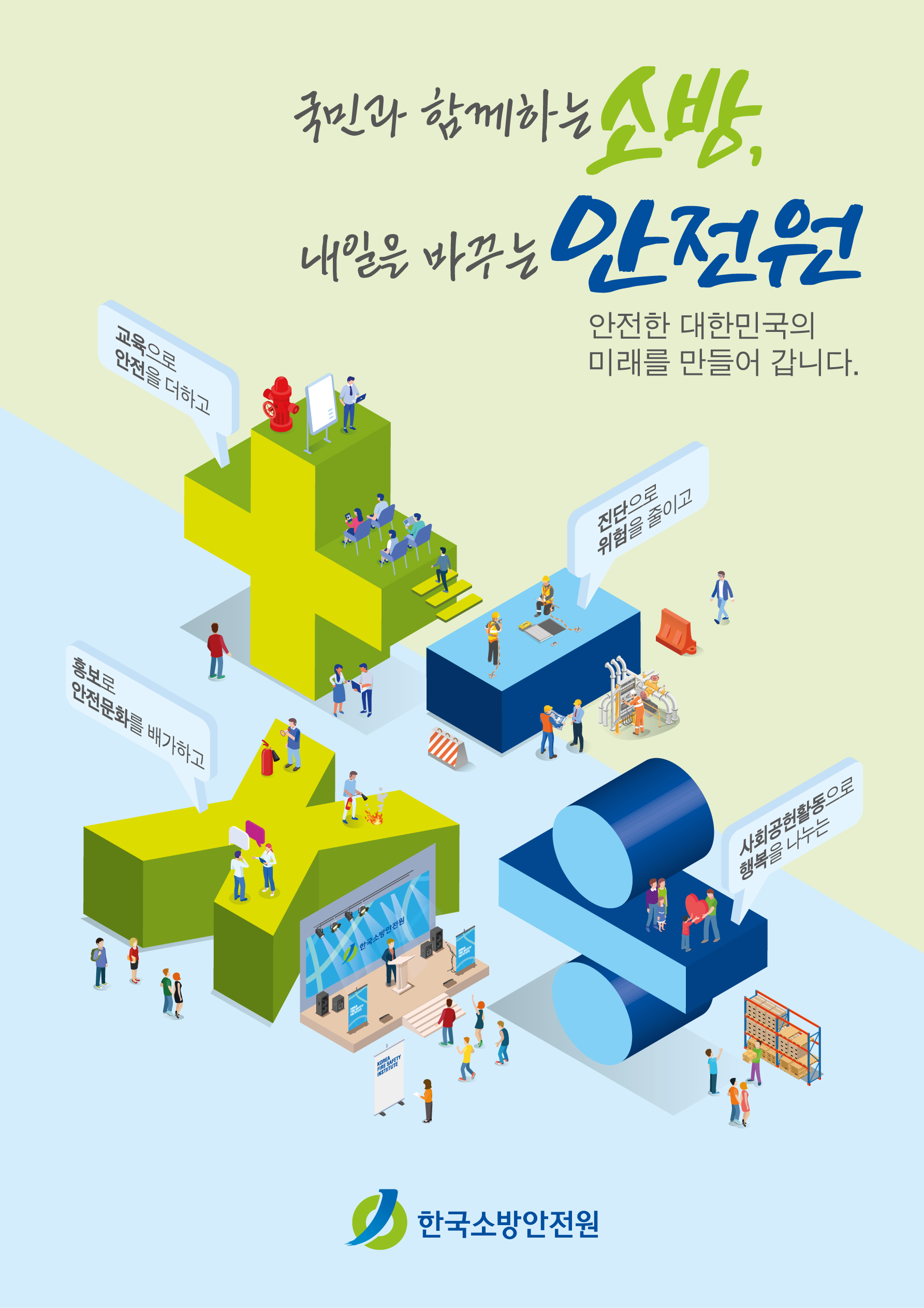-- PwC 건강연구원, 보고서 발표
-- 설문에 참여한 소비자 중 57%가 자신의 의사와 건강에 영향을 미치는 중요한 사회적 요인에 대해 한 번도 논의한 적이 없다고 응답
-- PwC 건강관리 리더들, "긴급성을 거듭 강조하지 않으면, 의료 발전이 효력을 발휘할 수 없을 것"
(뉴욕 2019년 9월 24일 PRNewswire=연합뉴스) 인간의 행동과 건강의 사회적 결정요인으로 인해 발생하는 질병의 증가는 삶을 개선하는 현대 의학의 힘을 억누르는 한편, 부유 국가는 물론 빈곤 국가에서도 예산을 잠식할 위험을 안고 있다. '행동 요구: 건강의 사회적 결정요인을 해결해야 하는 긴급성(Action required: The urgency of addressing social determinants of health)'이라는 PwC의 새 보고서에서는 건강관리 부문의 이해관계자들이 지금 행동해야 하는 이유를 제시한다.
사회적 고립, 경제 불평등, 오염 및 식품 사막 등, 어디에서 살고 일하는지와 관련된 사회, 경제 및 환경 요인 등 건강의 사회적 결정요인은 전 세계 수많은 사람이 건강한 선택을 하는 데 방해가 되고 있으며, 그 영향력은 간과하기 힘든 수준이다. PwC의 예상에 따르면, 2025년에는 수많은 국가에서 인구 68% 이상이 비만/과체중 상태에 도달할 것이라고 한다. 정부와 건강 제도는 주택, 운동, 정신 건강 지원 및 의약품 구매력 측면에서 국민을 지원하는 사회적 결정요인 전략에 조기 투자함으로써, 장기적으로 비용을 절감하고, 건강 결과를 개선할 수 있을 것이다.
PwC 글로벌 및 미국 건강 산업 책임자 Kelly Barnes는 "건강을 유지하는 데 필요한 자원을 즉시 이용할 수 있는 사회적 지원과 접근성이 없다면, 혁신적인 의료적 치료가 효력을 발휘하지 못한다"라며 "이는 선택 사안이 아니다. 사회적 결정요인을 해결하지 않으면, 건강관리와 정부 기관은 점점 더 큰 비용을 지출하면서도 건강 상태가 악화되는 현상을 맞이하게 될 것"이라고 말했다.
PwC 보고서의 결과는 특히 비만 및 당뇨병과 관련해 만성질환의 진행을 방지하거나 지연시키기 위해 조기에 중재를 취함으로써, 건강관리 제도와 정부가 건강의 사회적 결정요인을 해결할 기회를 제안한다.
건강의 사회적 결정요인을 이끄는 방법: 대담한 행동을 위한 5단계
PwC는 이해관계자들이 건강의 사회적 결정요인 전략을 개발할 5가지 단계를 제안했다.
1. 집단적 의지 수립: 사회적 결정요인을 언급하지 않는 건강관리 이해관계자들이 너무나도 많다. 2019년 6월 PwC 건강연구원(Health Research Institute)이 진행한 세계 소비자 설문조사에서 응답자 중 43%만이 의사가 이러한 주제를 언급한 적이 있다고 응답했다. 간호사, 약사 및 영양사 등 다른 건강 전문가들이 이 주제를 언급한 비율은 이보다 훨씬 낮다. 이 결과는 건강관리 전문가들을 더욱 광범위하게 참여시킬 기회를 부각시킨다. 회의 의장은 각 이해관계자에게 더 많은 질병을 예방하는 것이 장기적으로 어떤 혜택을 안겨주는지 보여줌으로써, 제도 전반에 걸쳐 파트너들을 결집시키는 데 일조할 수 있을 것이다.
2. 파트너들이 공통 목표를 향해 나아갈 수 있도록 지원 체제를 구축: 일단 동맹을 구축하는 힘든 단계까지 온 파트너들은 사명, 인센티브 및 관점이 다른 이질적인 업종을 통합시키는 일상적인 도전을 극복해야 한다. 소비자는 치료가 더 제대로 통합되면 원활한 경험을 할 수 있을 것으로 기대한다. 2019 HRI 세계 소비자 설문조사에서 소비자 중 약 3분의 1이 건강관리와 사회 서비스를 더 제대로 연결할 기회가 존재한다고 응답했다.
3. 의사결정에 정보를 제공하는 데이터 통찰의 구축: 개인의 행동은 물론 인구 전체의 행동까지 고려하는 데 예측 분석을 사용할 수 있다. 많은 소비자가 변화를 일으켜야 하는 개인적인 책임감을 느끼고 있지만, PwC 2019 HRI 세계 소비자 설문조사 응답자 중 47%는 건강관리 제공자들이 환자의 의료 기록을 고려할 때 미래에 필요로 할 수 있는 건강관리 서비스를 예측하고, 이를 공유하지 않는다고 응답했다. 동기를 찾은 사람들도 만성질환을 예방하는 데 필요한 정보나 도구가 종종 부족한 상황에 직면한다.
4. 지역사회의 참여 및 반영: 건강의 사회적 결정요인 전략은 사람들이 살고 일하는 방식을 기반으로 해야 한다. HRI 소비자 설문조사 응답자 중 56%는 자신의 건강을 지키기 위해 스마트폰을 이용하거나 이용할 계획이라고 답했다. 그러나 기술은 이를 사용하는 지역사회 구성원이 수용하고 신뢰해야지만 효과를 발휘한다. 소매업체, 기술 공급업체, 가정 건강 관리자 및 교육자들은 소비자를 참여시키는 새로운 경로를 제공할 수 있을 것이다.
5. 측정 및 재배치: 웨스턴 시드니(Western Sydney)에서는 지역 인구의 당뇨병 예방에 전념하는 한 단체가 인구의 체중 감소와 HbA1C 하락 같은 측정 가능한 목표를 세운 다음, 어떤 중재가 효과가 있는지 측정하고, 비용 흐름 경향을 추적하는 당뇨병 계기판을 개발하기 시작했다. 연말 검토 보고서와 내년 계획은 그 전략과 투자를 더욱 다듬는 데 일조했다.
PwC의 Kelly Barnes는 "건강의 사회적 결정요인을 고민하는 리더들이 동맹을 결성하고, 데이터와 예측성 분석의 잠재력을 모으며, 조기 중재 투자가 사람들의 건강과 삶에 큰 영향을 미칠 수 있는 영역을 파악했다"라며 "이 행동이 건강 제도와 정부를 비롯해 전 세계의 더 많은 사람에게 줄 수 있는 건강한 삶에 미치는 변혁적인 영향력을 과소평가해서는 안 될 것"이라고 강조했다.
PwC의 새 보고서 '행동 요구: 건강의 사회적 결정요인을 해결해야 하는 긴급성(Action required: The urgency of addressing social determinants of health)'는 웹사이트 http://pwc.com/sdoh에서 다운로드받을 수 있다.
PwC 소개
PwC의 목적은 사회에서 신뢰를 구축하고, 중요한 문제를 해결하는 것이다. PwC는 158개국에 위치한 기업 네트워크로, 236,000명이 넘는 회원들이 양질의 보증, 자문 및 세금 서비스를 제공하는 데 전념하고 있다. PwC에 관한 추가 정보와 중요하다고 생각되는 사안 제보는 웹사이트 www.pwc.com을 참조한다.
PwC는 PwC 네트워크 및 하나 이상의 PwC 회원사를 지칭한다. 각 PwC 회원사는 별도의 법인이다. 더 자세한 내용은 www.pwc.com/structure를 참조한다. (c) 2019 PwC. 모든 권리 보호.
출처: PwC
PwC Health Research Institute Report Shows Social Determinants of Health Undermining Progress of Modern Medicine
-- Fifty-seven percent of consumers surveyed said their doctor had never discussed the important social factors affecting their health
-- Without renewed urgency, PwC healthcare leaders say medical advances will be rendered ineffective
NEW YORK, Sept. 24, 2019 /PRNewswire/ -- The rise in illnesses caused by our behaviours and the social determinants of health threatens to suffocate budgets in both wealthy and poor countries, while suppressing the power of modern medicine to improve lives. PwC's new report "Action required: The urgency of addressing social determinants of health" outlines why healthcare stakeholders need to act now.
Social determinants of health―or the social, economic and environmental factors of where we live and work such as social isolation, economic inequality, pollution and food deserts―are preventing too many people across the globe from making healthy choices. And the impact cannot be ignored: PwC projects that by 2025, many countries will see obesity/overweight rates exceeding 68 percent of the population. By investing earlier in social determinants strategies that help people with housing, exercise, mental health support and ability to afford medications, governments and health systems stand to save money in the long term and improve health outcomes.
"Innovative medical treatments are rendered ineffective if people don't have social support and access to resources readily available to help keep them well," said Kelly Barnes, PwC's Global and US Health Industries Leader. "This is not optional; healthcare and government organizations that don't act on social determinants will spend more and more money, only to watch health status decline."
The report's results suggest opportunity for healthcare systems and governments to target social determinants of health by intervening earlier to prevent or stall the progress of chronic disease, especially when it comes to obesity and diabetes.
How to lead in social determinants of health: Five steps for bold action
PwC has identified five steps to help stakeholders develop social determinants of health strategies:
1. Build the collective will. Too many healthcare stakeholders aren't talking about social determinants, as only 43 percent of respondents to a PwC Health Research Institute June 2019 global consumer survey said their doctor has even raised the subject with them. Other health workers, such as nurses, pharmacists and dietitians, are talking about it at a much lower level, highlighting the opportunity to involve healthcare workers more broadly. A convener can help bring partners together across the system by demonstrating the long-term benefits to each stakeholder of preventing more illness.
2. Develop a framework that enables partners to work toward common goals. Once they have done the hard work of building coalitions, partners must overcome the everyday challenges of merging disparate workplaces with different missions, incentives and perspectives. Consumers expect that care should be better integrated to create a seamless experience; roughly one-third of consumers asked in a 2019 HRI global consumer survey indicated that there was an opportunity to better connect healthcare and social services.
3. Generate data insights to inform decision making. Predictive analytics can also be used to consider both individual behaviour and the behaviour of populations. Many consumers do feel some individual responsibility to make a change, but 47% of respondents to PwC's 2019 HRI global consumer survey indicated healthcare providers are not sharing predictions about what healthcare services these patients may need in the future considering their medical history. Even if people find the motivation, they often lack the information or tools to prevent chronic conditions.
4. Engage and reflect the community. Social determinants of health strategies must be grounded in the way people live and work. While 56 percent of HRI consumer survey respondents indicated they use or plan to use their smartphone to support their heath, technology can only work if it is embraced and trusted by the community members expected to use it. Retailers, technology providers, home health workers and educators could provide new pathways to engage with consumers.
5. Measure and redeploy. In Western Sydney, a coalition dedicated to diabetes prevention in its area population set measurable goals such as reducing population weight and HbA1C levels, then started developing a diabetes dashboard to help measure which interventions worked and track trends in costs. An annual year-end review report and plan for the year ahead helped further refine its strategy and investments.
"Leaders in social determinants of health have built coalitions, harnessed the potential of data and predictive analytics, and identified where early investments in an intervention can have tremendous impact on people's health and lives," said PwC's Kelly Barnes. "We can't underestimate the transformative effect this action can have not only on health systems and governments, but the healthy life years we can give to more people across the globe."
For more on PwC's new report "Action required: The urgency of addressing social determinants of health," download the report at http://pwc.com/sdoh.
About PwC
At PwC, our purpose is to build trust in society and solve important problems. We're a network of firms in 158 countries with more than 236,000 people who are committed to delivering quality in assurance, advisory and tax services. Find out more and tell us what matters to you by visiting us at www.pwc.com.
PwC refers to the PwC network and/or one or more of its member firms, each of which is a separate legal entity. Please see www.pwc.com/structure for further details. (c) 2019 PwC. All rights reserved.
Source: PwC
[편집자 주] 본고는 자료 제공사에서 제공한 것으로, 연합뉴스는 내용에 대해 어떠한 편집도 하지 않았음을 밝혀 드립니다.
(끝)
<저작권자(c) 연합뉴스, 무단 전재-재배포 금지>
관련뉴스















